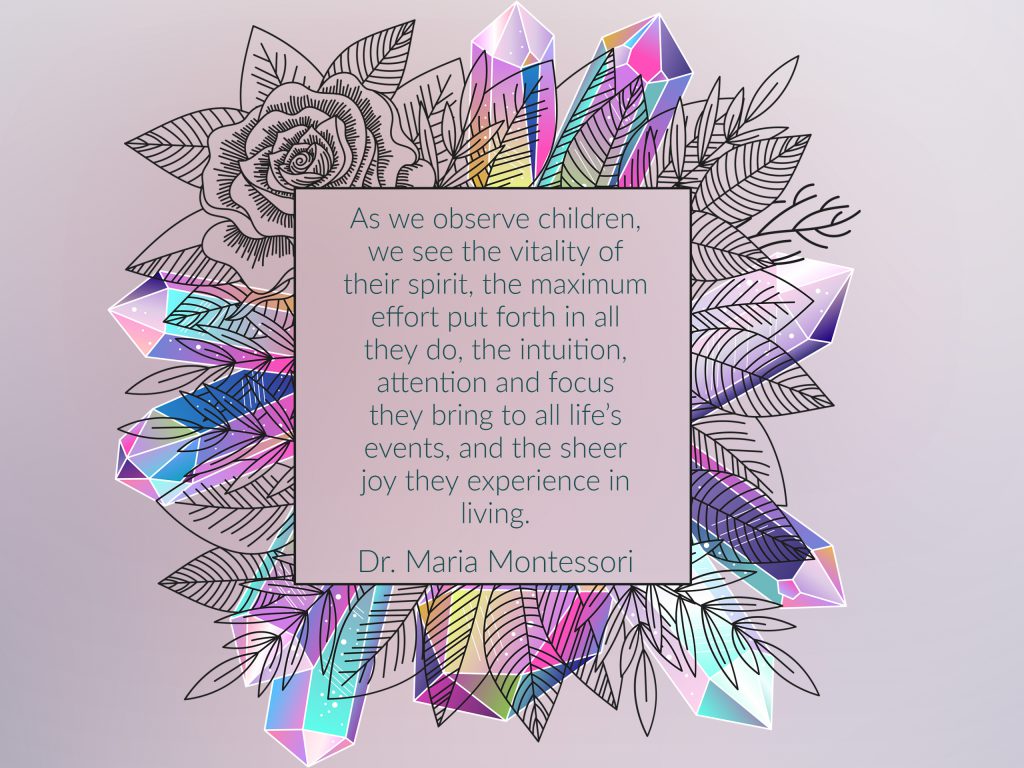The Transition to Preschool: When Is Your Toddler Ready?
February 24, 2022Montessori Myths and Misconceptions
March 11, 2022
For many people, when they hear “Montessori,” they picture academic learning–golden beads, hundred boards, and other tools of learning–and while they aren’t wrong, it’s also not the entire picture. You may be surprised to know that academic learning and intelligence aren’t the top values and goals of a Montessori education. The Montessori Method, instead, values the whole child. Intelligence isn’t seen as more valuable than physical and spiritual growth, and the development of emotional health is a top priority in a Montessori classroom. Children are not viewed as blank slates, waiting to be filled by all-knowing adults; rather, they are seen as fully formed humans, deserving of our respect and from whom we can also learn.
What Is “the Whole Child”?
When we talk about the whole child, we mean seeing children in their entirety, not just their academic abilities. The philosophy of the whole child values the human spirit and the development of every aspect of a child: physical, social, emotional, and cognitive. Seeing children and their education in this way promotes their wellbeing and places value on things such as physical movement, nutrition, mindfulness, and community.

A practical life activity such as preparing a snack for the class engages the whole child. It develops their fine motor skills, helps them practice counting, and encourages a sense of community.
What Does Educating the Whole Child Really Mean?
Educating the whole child means that knowledge is not compartmentalized. Children are taught to see the connections and relationships between subjects, and learning goes beyond rote memorization to internalizing the how and why of things. Learning is done by engaging the senses and through movement.
“Till now, almost all educators have thought of movement and the muscular system as aids to respiration, or to circulation, or as a means for building up physical strength. But in our new conception the view is taken that movement has great importance in mental development itself, provided that the action which occurs is connected with the mental activity going on.” (Maria Montessori, The Absorbent Mind, p. 142)
Using this view of learning, children are not confined to a desk or certain space; instead, thoughtful and purposeful movement is encouraged in the classroom. Children are seen as autonomous beings, capable of deciding for themselves how and what to learn. This type of education also engages and encourages whole brain learning; that is, it engages both the left and right brain together.
Want to See This In Action?
If you’d like to see how the whole child philosophy looks in practice in the classroom, we’d be happy to arrange a tour with you (currently done via Zoom). Please also feel free to contact us with any questions you may have.